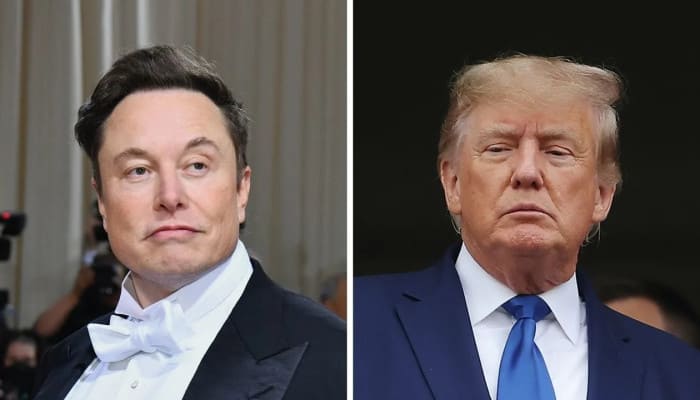In recent weeks, the public feud between Elon Musk and Donald Trump has captured headlines, sparking debates about whether this clash is a genuine rift or a carefully orchestrated maneuver.
The two titans, once allies in reshaping the U.S. political and economic landscape, have traded barbs over social media and in public statements, leaving observers questioning the true nature of their conflict. Is this a real falling-out, or is it a strategic play designed to serve their mutual or individual interests? Let’s dive into the dynamics of this high-stakes battle and explore whether it’s a hoax, a calculated move, or a mix of both.
The Backdrop: A Once-Unbreakable Alliance
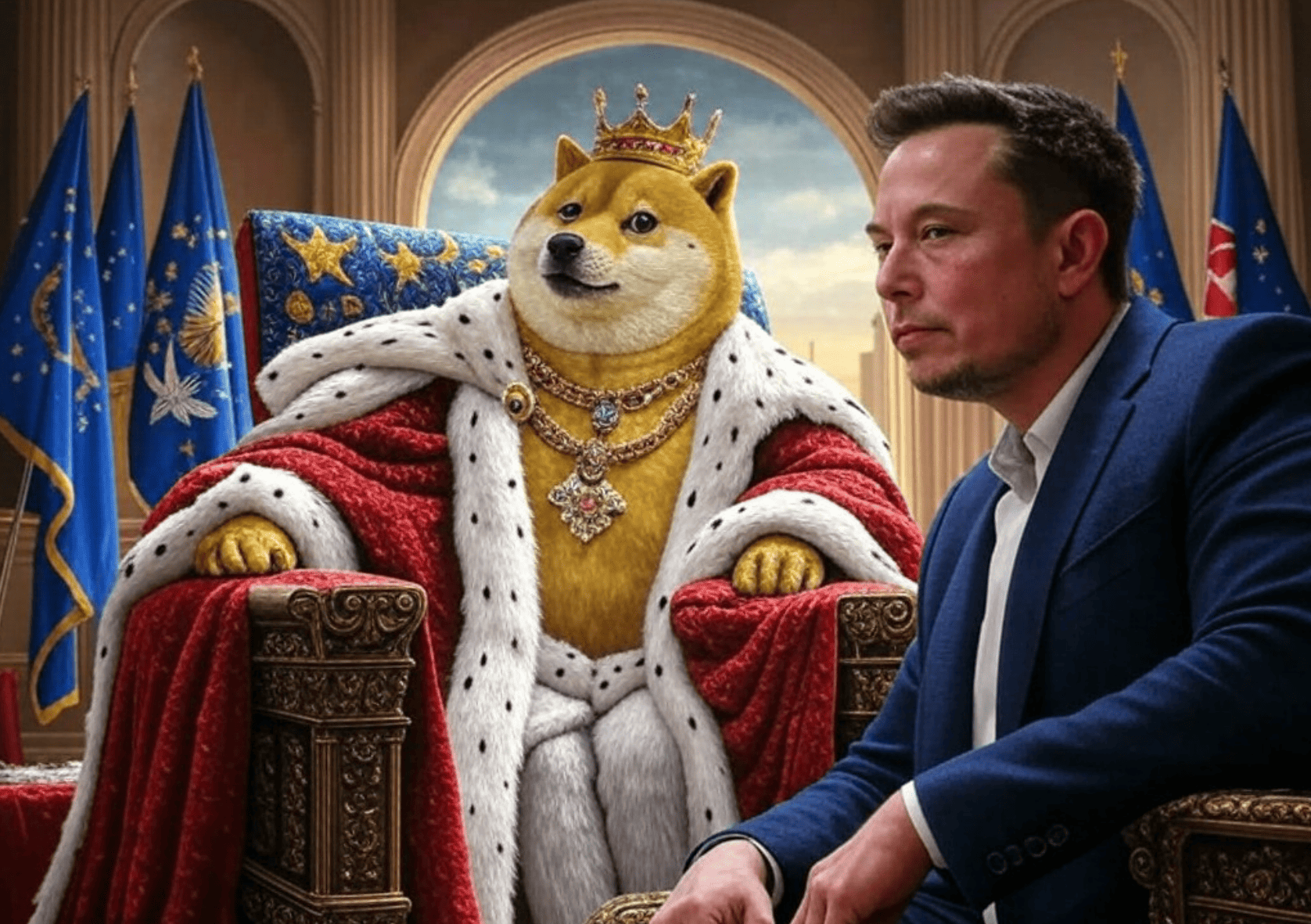 Elon Musk, the billionaire CEO of Tesla and SpaceX, and Donald Trump, the 47th President of the United States, have shared a complex relationship.
Elon Musk, the billionaire CEO of Tesla and SpaceX, and Donald Trump, the 47th President of the United States, have shared a complex relationship.
Musk’s significant financial support — reportedly over $250 million during the 2024 election cycle — helped propel Trump’s campaign, and his role as a special government employee leading the Department of Government Efficiency (DOGE) gave him unprecedented influence in Trump’s administration.
Their camaraderie was on full display, from joint appearances at SpaceX launches to Musk’s Oval Office press conferences alongside Trump.
Yet, this alliance has seemingly fractured, with Musk’s vocal criticism of Trump’s legislative agenda and Trump’s retaliatory threats to cut government contracts with Musk’s companies.
 The spark for this public spat was Musk’s opposition to Trump’s “big, beautiful bill,” a sweeping tax-cut and spending package that Musk labeled a “disgusting abomination” for its potential to balloon the federal deficit.
The spark for this public spat was Musk’s opposition to Trump’s “big, beautiful bill,” a sweeping tax-cut and spending package that Musk labeled a “disgusting abomination” for its potential to balloon the federal deficit.
Trump, in turn, suggested Musk was upset over the bill’s elimination of electric vehicle tax credits, a move that could hurt Tesla.
The feud escalated with personal attacks — Musk referenced Trump’s alleged ties to Jeffrey Epstein, while Trump claimed Musk “went crazy” after being asked to leave his White House role.
The Case for a Hoax
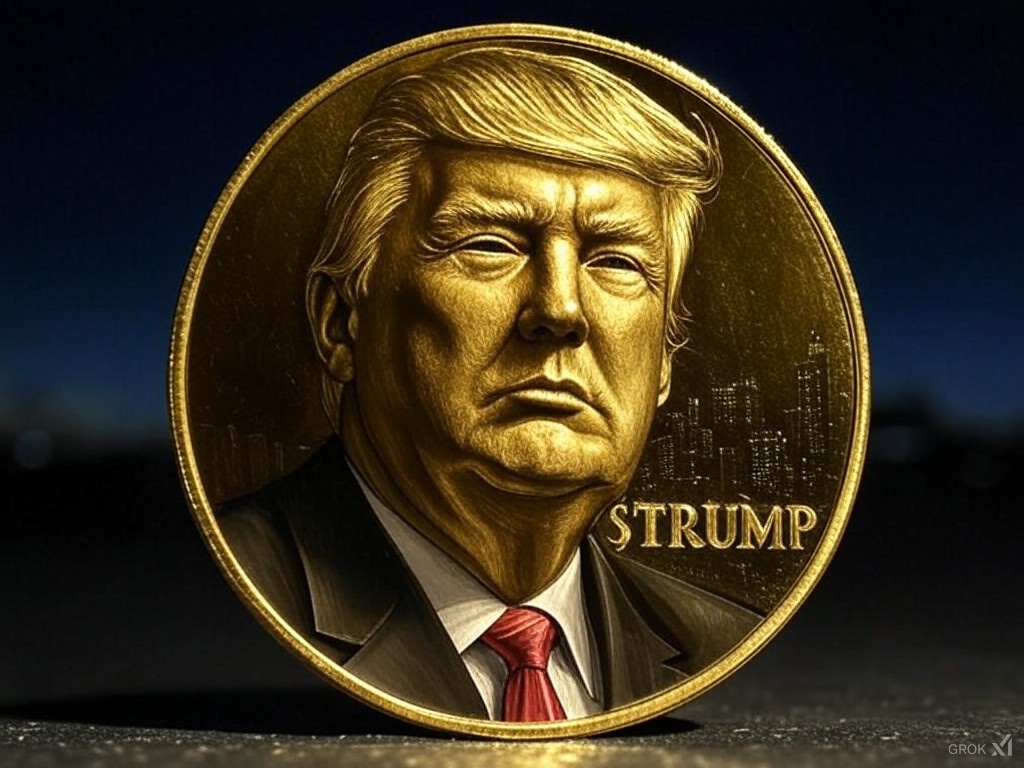 Some observers argue this feud is a staged performance, a “strategic deception” designed to achieve specific goals. Posts on X have speculated that Musk and Trump are playing a long game to manipulate public perception and political outcomes.
Some observers argue this feud is a staged performance, a “strategic deception” designed to achieve specific goals. Posts on X have speculated that Musk and Trump are playing a long game to manipulate public perception and political outcomes.
One theory suggests Musk’s attacks on the bill are a deliberate move to distance himself from Trump, shielding his businesses from backlash while maintaining influence behind the scenes.
By appearing to challenge Trump, Musk could appeal to a broader audience, including moderates and Tesla investors wary of his close ties to a polarizing administration.
This perspective posits that the feud is a calculated distraction, allowing Trump to rally his base by appearing to stand up to a powerful figure like Musk, while Musk gains leverage to push his own agenda, such as protecting Tesla’s interests or securing favorable policies for SpaceX.
 The timing — coming just days after a friendly Oval Office event where Trump presented Musk with a golden key—supports the idea that the conflict may be more theatrical than substantive.
The timing — coming just days after a friendly Oval Office event where Trump presented Musk with a golden key—supports the idea that the conflict may be more theatrical than substantive.
Moreover, the lack of concrete fallout, such as actual policy changes or severed contracts, fuels skepticism about the feud’s authenticity. Trump’s aides have downplayed the rift, emphasizing that Musk remains a “friend and adviser,” suggesting the public spat may not reflect their private relationship.
This aligns with the view that both men, known for their media savvy, could be leveraging the controversy to dominate headlines and shape narratives.
The Case for a Calculated Move
 On the other hand, the feud may reflect genuine tensions, albeit strategically amplified for individual gain. Musk’s criticisms of the spending bill align with his public stance on fiscal responsibility, a cornerstone of his DOGE initiative, which aimed to cut $2 trillion from the federal budget.
On the other hand, the feud may reflect genuine tensions, albeit strategically amplified for individual gain. Musk’s criticisms of the spending bill align with his public stance on fiscal responsibility, a cornerstone of his DOGE initiative, which aimed to cut $2 trillion from the federal budget.
His frustration with the bill’s deficit spending and the elimination of EV tax credits — crucial for Tesla’s competitiveness—suggests a real policy disagreement. Additionally, Musk’s reported displeasure over the Trump administration’s AI deals with competitor OpenAI and the withdrawal of his ally Jared Isaacman’s NASA nomination point to tangible points of contention.
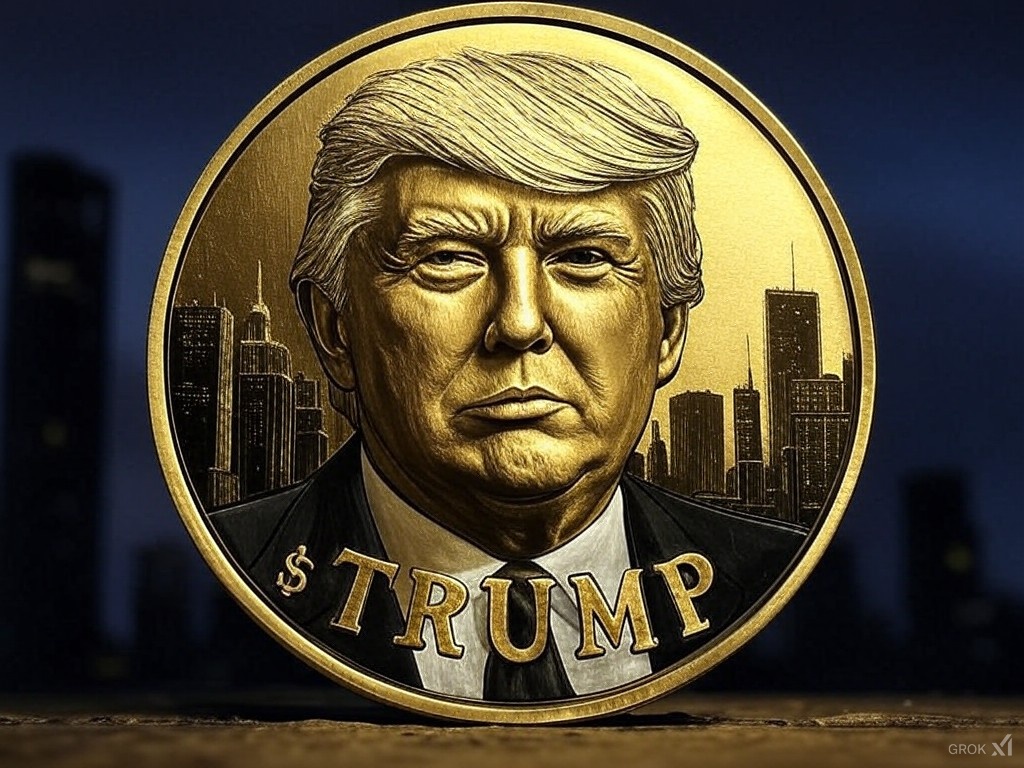 For Trump, the feud could be a calculated move to reassert dominance and appeal to his base, which may view Musk’s influence as overreaching. By threatening to cut Musk’s government contracts, Trump signals that he remains the ultimate authority, a message that resonates with his supporters.
For Trump, the feud could be a calculated move to reassert dominance and appeal to his base, which may view Musk’s influence as overreaching. By threatening to cut Musk’s government contracts, Trump signals that he remains the ultimate authority, a message that resonates with his supporters.
The timing of the spat, as Trump pushes his legislative agenda through a divided Senate, suggests he may be using the conflict to deflect criticism from skeptical Republicans like Ron Johnson and Josh Hawley, who share Musk’s concerns about the bill’s cost.
Musk’s departure from his formal DOGE role, set to end due to the 130-day limit for special government employees, may also have prompted both men to amplify their differences to reposition themselves. Musk can return to his businesses as a “reformer” who challenged Washington’s excesses, while Trump can claim credit for reining in an unelected billionaire.
The Middle Ground: A Mix of Motives
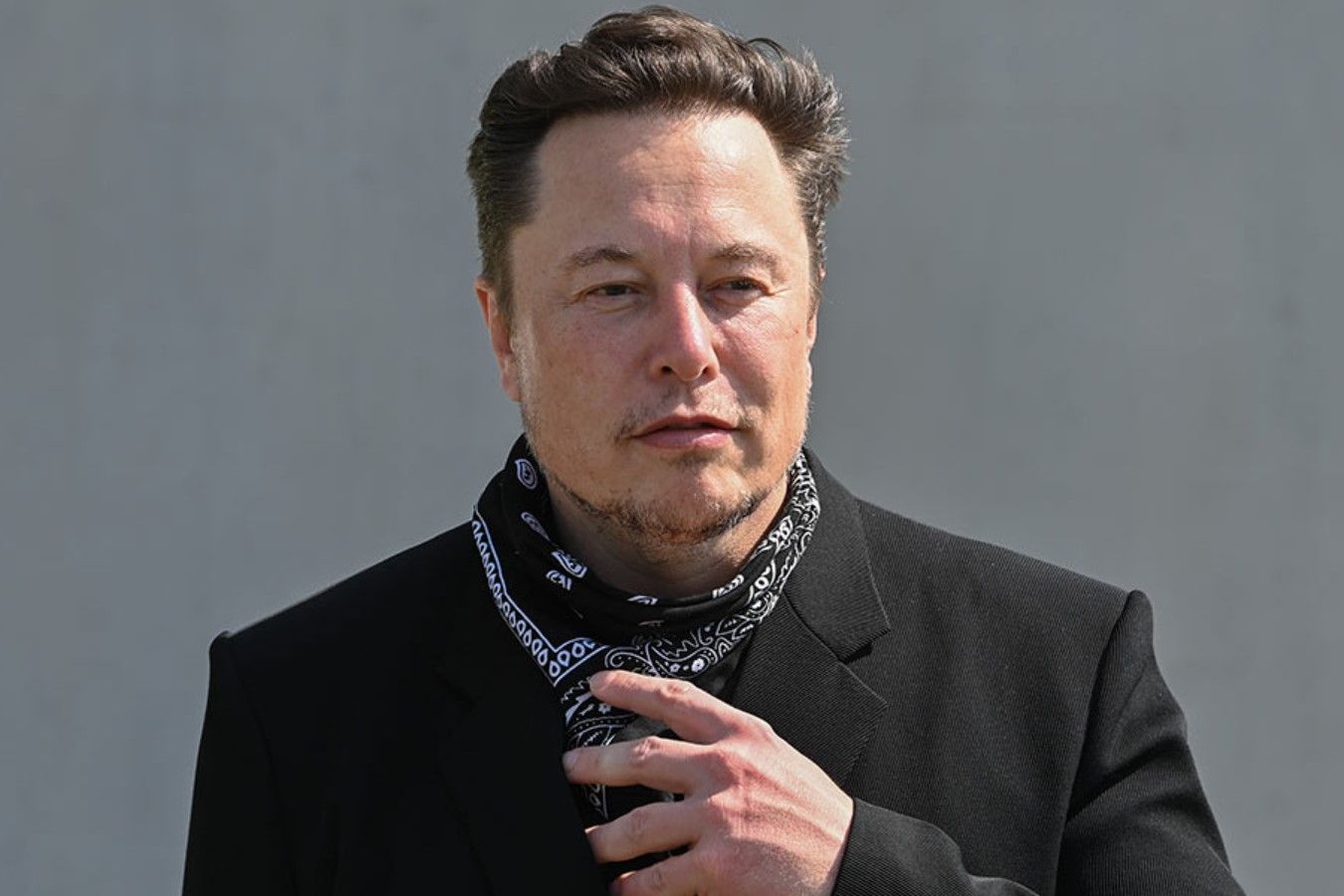 The truth likely lies in a blend of these scenarios. The Musk-Trump feud may have started as a genuine disagreement over policy, particularly the spending bill and its implications for Musk’s businesses.
The truth likely lies in a blend of these scenarios. The Musk-Trump feud may have started as a genuine disagreement over policy, particularly the spending bill and its implications for Musk’s businesses.
However, both men, masters of public relations, have likely exaggerated the conflict for strategic purposes.
Musk’s barrage of posts on X — over 25 in a single day — suggests a deliberate effort to shape public opinion, while Trump’s measured response, avoiding a full-scale war, indicates he’s keeping the door open for future collaboration.
The feud also reflects broader tensions within Trump’s coalition, particularly between his MAGA base and the tech and business leaders like Musk who supported him. Musk’s public spats with figures like trade adviser Peter Navarro highlight these fault lines, suggesting that while the feud may be partly performative, it’s rooted in real ideological and economic differences.
Also read:
- The True Brake on Civilization: Coordination Limits Are Rapidly Shifting
- The Illusion of Normalcy: AI’s Imminent Impact on the Job Market and Economy
- Why Everyone’s Rushing to Work on AI Influencers
Conclusion: Hoax, Calculation, or Both?
The Musk-Trump “battle” is neither a pure hoax nor a purely calculated move—it’s a hybrid of genuine friction and strategic posturing. Both men have reasons to clash: Musk wants to protect his business interests and public image, while Trump aims to maintain control and push his legislative priorities.
Yet, their history of collaboration and the absence of irreparable consequences suggest the feud is at least partly staged to serve their respective agendas. Whether it’s to pressure Congress, deflect criticism, or reposition themselves in the public eye, Musk and Trump are playing a high-stakes game where the line between reality and performance is deliberately blurred.
As the drama unfolds, one thing is clear: both Musk and Trump thrive on attention, and this feud ensures they remain at the center of it. Whether it’s a hoax or a calculated move, the battle keeps the world watching, waiting for the next tweet or Truth Social post to reveal their true intentions.

